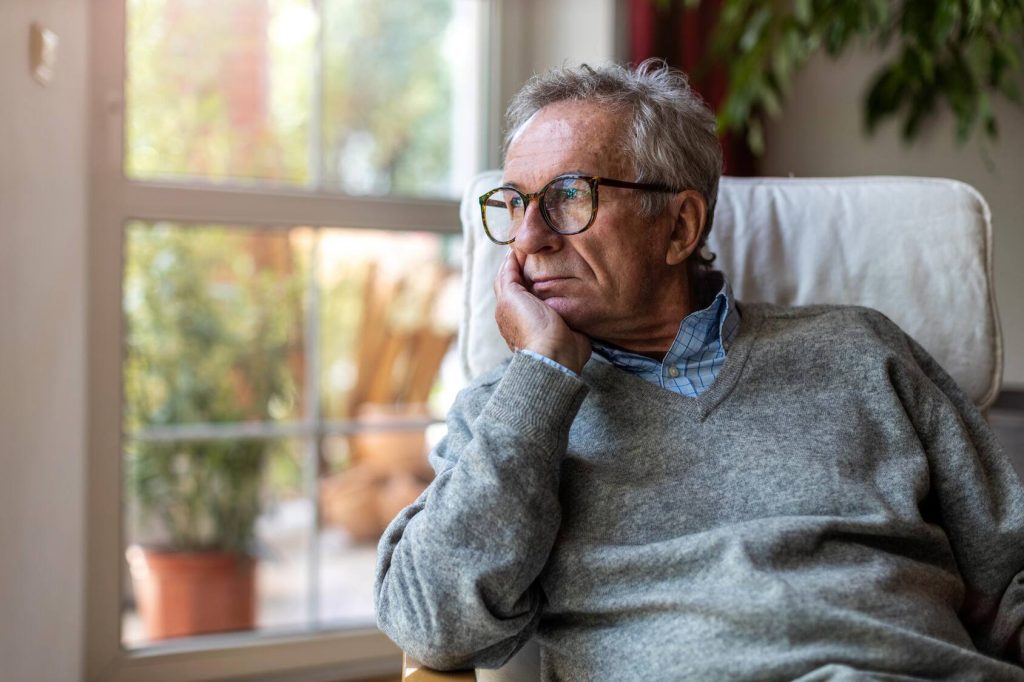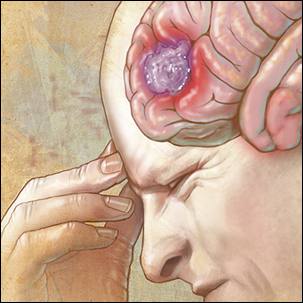-
Cancer
Consumer Health: Breast cancer in men

Breast cancer may be thought of as a disease that affects only women. It's the second-most common cancer diagnosed in women in the U.S., and it will affect 1 in 8 women, according to the American Cancer Society. Much of the messaging around breast cancer research focuses on the disease in women. However, breast cancer can occur in men as well.
October is Breast Cancer Awareness Month, which makes this a good time to learn about breast cancer in men.
An estimated 2,800 new cases of invasive breast cancer will be diagnosed in men in the U.S. this year, and about 530 men will die from the disease, according to the American Cancer Society. Men diagnosed with breast cancer at an early stage have a good chance for a cure.
Symptoms
Signs and symptoms of male breast cancer can include:
- A painless lump or thickening in your breast tissue.
- Changes to the skin covering your breast, such as dimpling, puckering, redness or scaling.
- Changes to your nipple, such as redness or scaling, or a nipple that begins to turn inward.
- Discharge from your nipple.
Risk factors
Factors that increase the risk of male breast cancer include:
- Older age.
The risk of breast cancer increases as you age. Male breast cancer is most often diagnosed in men in their 60s. - Exposure to estrogen.
If you take estrogen-related drugs, such as those used for hormone therapy for prostate cancer, your risk of breast cancer is increased. - Family history of breast cancer.
If you have a close family member with breast cancer, you have a greater chance of developing the disease. - Klinefelter syndrome.
This genetic syndrome occurs when boys are born with more than one copy of the X chromosome. Klinefelter syndrome may adversely affect testicular growth, resulting in smaller than normal testicles, which can lead to lower production of testosterone. - Liver disease.
Certain conditions, such as cirrhosis of the liver, can reduce male hormones and increase female hormones, increasing your risk of breast cancer. - Obesity.
Obesity is associated with higher levels of estrogen in the body, which increases the risk of male breast cancer. - Testicle disease or surgery.
Having inflamed testicles or surgery to remove a testicle can increase your risk of male breast cancer.
Some men inherit mutated genes from their parents that increase the risk of breast cancer. Mutations in one of several genes, especially a gene called BRCA2, put you at greater risk of developing breast and prostate cancers.
If you have a strong family history of cancer, discuss this with your healthcare team. They may recommend that you meet with a genetic counselor in order to consider genetic testing to see if you carry genes that increase your risk of cancer.
Treatment
Male breast cancer treatment often involves surgery to remove the tumor and surrounding breast tissue. Radiation therapy, hormone therapy and chemotherapy also may be recommended. If you've been diagnosed with breast cancer, your treatment will be based on the stage of your cancer, your overall health and your preferences.
Connect with other men living with male breast cancer in the Breast Cancer Support Group on Mayo Clinic Connect, an online patient community moderated by Mayo Clinic.







